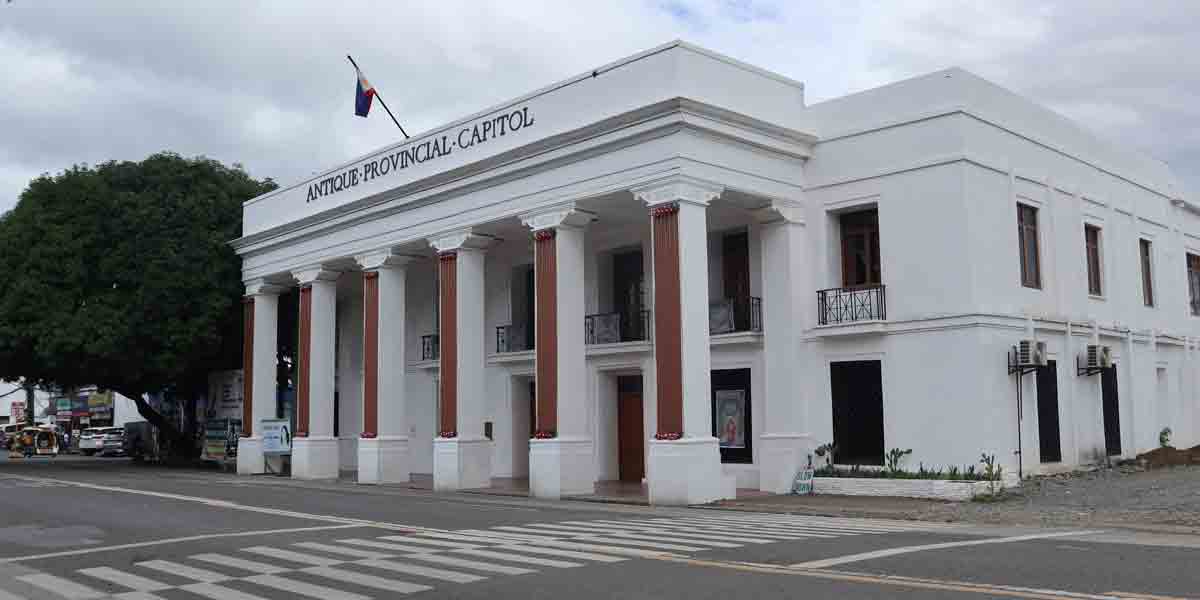Mayor Jerry Treñas’ public outrage over PLDT’s alleged failure to dismantle its cables on J.M. Basa Street reveals more than the shortcomings of a telco giant. It underscores glaring gaps in Iloilo City’s preparedness, governance, and claims of modernity.
City Hall may have been justified in enforcing its ordinance to beautify Iloilo City by mandating underground utility cables. After all, public spaces are no place for spaghetti wires. But this move, timed without adequate planning, inadvertently turned into a self-inflicted crisis.
PLDT, for its part, had 240 days to comply. The ordinance was clear, the timeline reasonable. The company’s failure to act promptly and notify the local government about potential service disruptions shows a lack of accountability.
However, the bigger problem lies not in PLDT’s inefficiencies but in City Hall’s lack of foresight. A local government that prides itself on being a “model city” should have accounted for disruptions. Yet the lack of internet redundancies and backup systems made the city grind to a halt.
Critical city services, including the Real Property Tax system, were crippled. Taxpayers were forced to endure inconveniences because the city failed to anticipate the consequences of its own enforcement. This isn’t just an oversight; it’s a betrayal of the promise of modern governance.
Mayor Treñas’ fiery condemnation of PLDT rings hollow when one considers that Iloilo City’s own systems failed. Modern cities don’t crumble because of a single disruption unless faced with calamities like typhoons or earthquakes. Was the ordinance itself the earthquake that shook City Hall?
The irony is striking. Iloilo City, which regularly touts its progressiveness through PR campaigns and social media, was paralyzed by something as basic as an internet outage. For all the talk of being a digital city, it appears we’re running on the equivalent of analog governance.
This isn’t just about PLDT’s inefficiency. It’s about a failure to think ahead, to prepare for worst-case scenarios, and to ensure continuity of services. A government that aspires to be a beacon of good governance must recognize that redundancy and foresight are hallmarks of progress, not posturing.
Perhaps it’s time for City Hall to look inward. The people of Iloilo City deserve more than superficial improvements and lofty slogans. They deserve leadership that plans beyond aesthetics and embraces true modernization.
As for PLDT, it owes the city not just an apology but a tangible commitment to doing better. The same, however, must be demanded of Iloilo City’s leadership.
Because if one disruption is enough to derail City Hall, then the foundation of its so-called modern governance might not be as strong as we were led to believe.






















